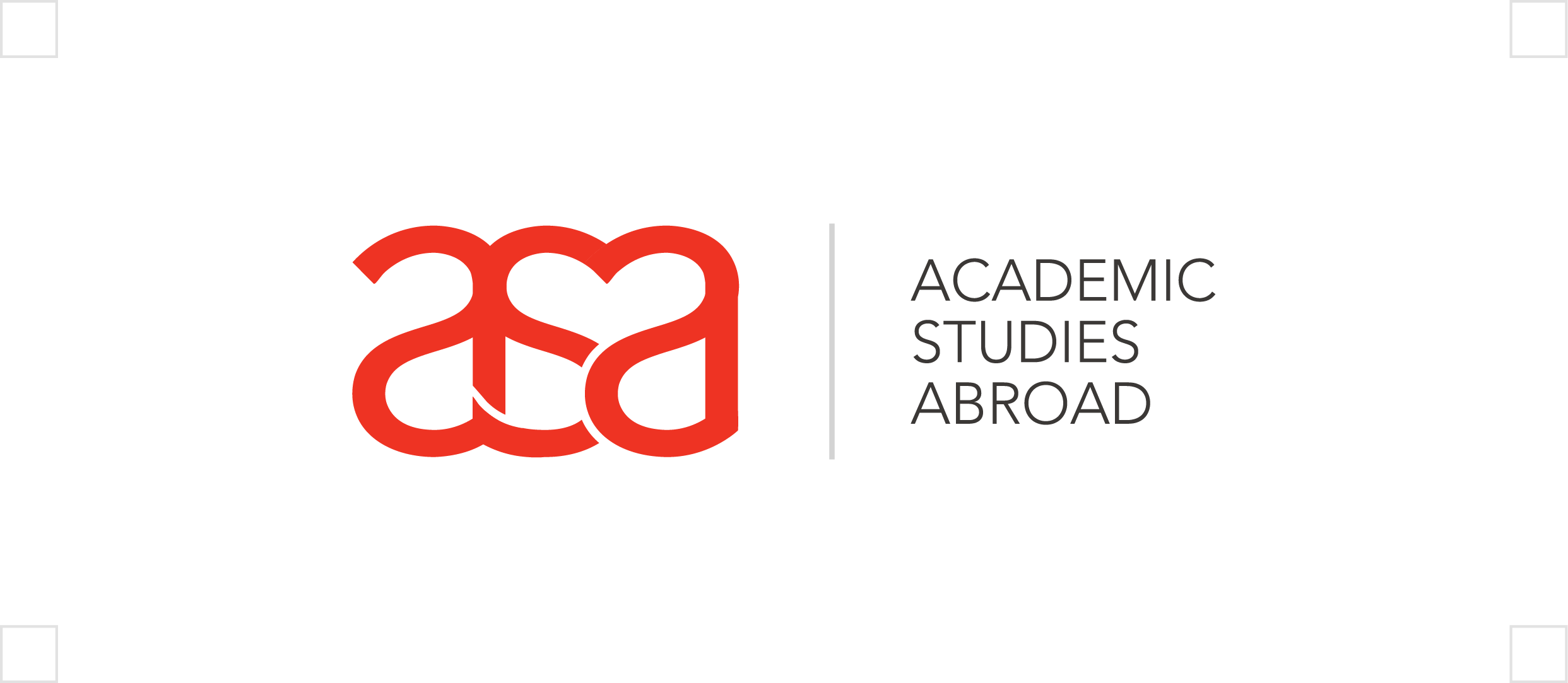Money & Banking for Study Abroad
MONEY AND BANKING FOR STUDY ABROAD
Money and banking are stressful aspects of studying abroad. No one wants to think of the possibility of not having access to financial funds while abroad because someone hacked your card or the company shut it off since you didn’t issue a travel notice with them. While it’s easy to fall down the rabbit hole of every unfortunate thing that could happen to you, financially, while abroad, let’s not go there.
Instead, let’s be proactive and talk about ways to ensure the safety of your financial funds so that you can live your best life abroad without stressing every day!
Bring an ATM/Debit card & credit card (for emergencies). ATM/Debit must have a 4-digit PIN, not 5. Visa, Mastercard. Cirrus, or Plus are the best brands - others are not as widely accepted.
Notify your bank that you’ll be abroad - where and for how long. If you don’t, they may cancel/freeze your card thinking there is fraudulent activity. Do this every time you travel to a new country.
Check if your bank and credit card charge a foreign transaction fee, which is usually 2-3% of the purchase amount. This can add up. If they do, you might want to consider getting a different debit or credit card that doesn’t. Here are some alternatives:
Open a checking account with Schwab Bank. They don’t charge a foreign transaction fee for debit transactions and reimburse you for ATM cash withdrawal fees. Just be sure to open a new account ideally 4 weeks before departure so you get your new ATM/debit card in time!
Search Google for: “credit card without foreign transaction fee”. There are dozens of different credit cards out there that do not charge a foreign transaction fee. Just be sure to open you account several weeks before departure.
Helpful tips:
#1: DON’T bring U.S. cash or travelers checks. You will lose money when you exchange the currency. The best way to get cash abroad is to use your ATM card at an ATM machine.
#2: Understand exchange rates. Spend conservatively until you get used to factoring it in to your costs. Download the “XE Currency” app to see the exchange rate easily!
#3: Have someone (parent/guardian) disperse your funds periodically. This means that you don’t keep your entire budget on an ATM/debit card. You should also have a credit card to use as a backup and for online booking! For your ATM/debit card though, have someone take money from a different account back home (your study abroad account) and put it on your ATM/debit card account that you are using abroad. That way if someone steals or hacks your ATM/debit or credit card then you won’t lose access to all of your money.
#4: BE AWARE. If the first ATM you try when you arrive doesn’t work for you, just try a different bank’s ATM. Sometimes you have to try several bank’s ATMs before you find one that works!
If you have any issues with money/banking abroad, be sure to speak to your Site Director, parent(s)/guardian(s), and bank back home before reaching out to an ASA staff member in the U.S.

